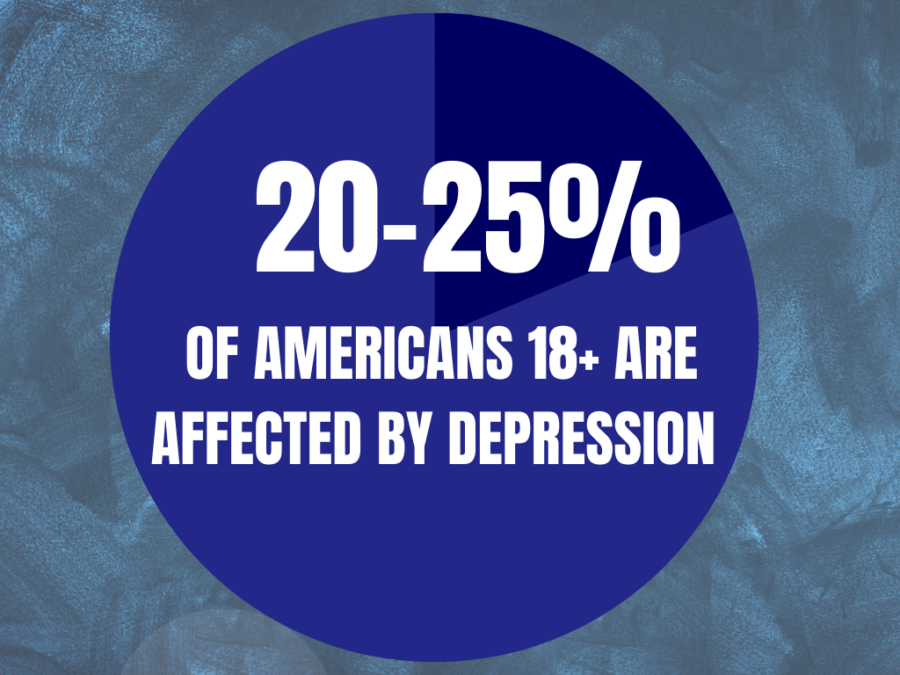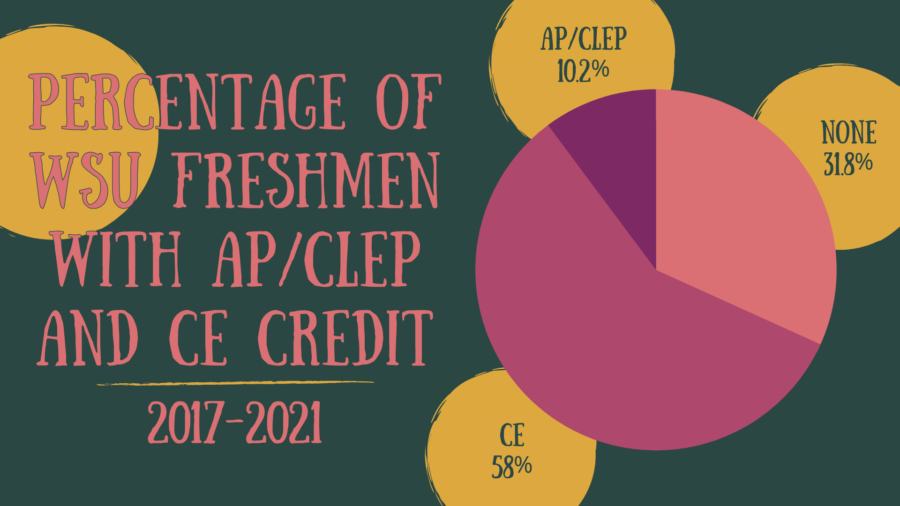Erin Cech, associate professor in the sociology and mechanical engineering departments at the University of Michigan, spoke about her research on passion in connection to work on Jan. 25 for Weber State University’s Peterson Speaker Series.

Cech’s research is published in her book, “The Trouble with Passion: How Searching for Fulfillment at Work Fosters Inequality,” where she talks about the passion principle — the guiding principle in terms of how people make what they consider good career decisions.
Cech’s research included interviewing college students twice regarding their decision-making process for future careers — once before graduation and again two to five years after.
The first time Cech interviewed the subjects, she found that over 75% of them considered passion the most important factor when making career choices, while 22% of them chose different factors that they considered the most important, such as job stability or salary.
The second time the subjects were interviewed, Cech found that 85% of them made passion a priority in their post-graduation decisions. An additional 60% of graduates had jobs or were in advanced degree programs that met their standard of passion.
“However, not all passion-related jobs are created equal,” Cech said. “Only 40% of these graduates were in career paths that were both financially stable and aligned with their passion.”

According to Cech, passion privilege allows a graduate to wait for a passion-aligning career by asking a family member for financial support. Some graduates can wait for a job that meets their level of passion, while others may sacrifice certain principles for immediate employment.
“Many students explained that money was a bad reason for career decision-making, because, as many told me explicitly, ‘Money doesn’t buy happiness,'” Cech said. “But these very factors that are seen as morally problematic — money, job security — are the very things that we use to tout college as a tool for social and economic mobility, especially among low-income and first-generation students.”
In addition, Cech discovered two resources that low-income and first-generation students might have less access to than students from wealthier families.
The first one is safety nets: financial support from family members without causing a financial drain on the family.
The second category consists of what Cech calls springboards. Usually, these are not financial, but they contribute to a student’s outcome based on family background.

“This includes things like cultural capital—the knowledge of how the professional workforce works because one’s parents are professionals,” Cech said.
Cech advised educators to think critically about approaching students when discussing major selection and plans after graduation.
“To task undergraduate students who seem to lack the willingness to switch their major to something that they really love in the face of pressure from parents or financial pressures, to judge students who leave our academic programs in search of more financially viable opportunities, or even to discount our own colleagues who make room in their lives for their families or their hobbies helps perpetuate these kinds of inequalities,” Cech said.

Cech hopes the passion principle can assist in finding solutions for overworking employees and the expectation that they can be on-call all of the time.
She asked students, regardless of career goals, to recognize collective efforts and to support social and organizational movements that push back on 24/7 availability requirements and the expectation to overwork.


















